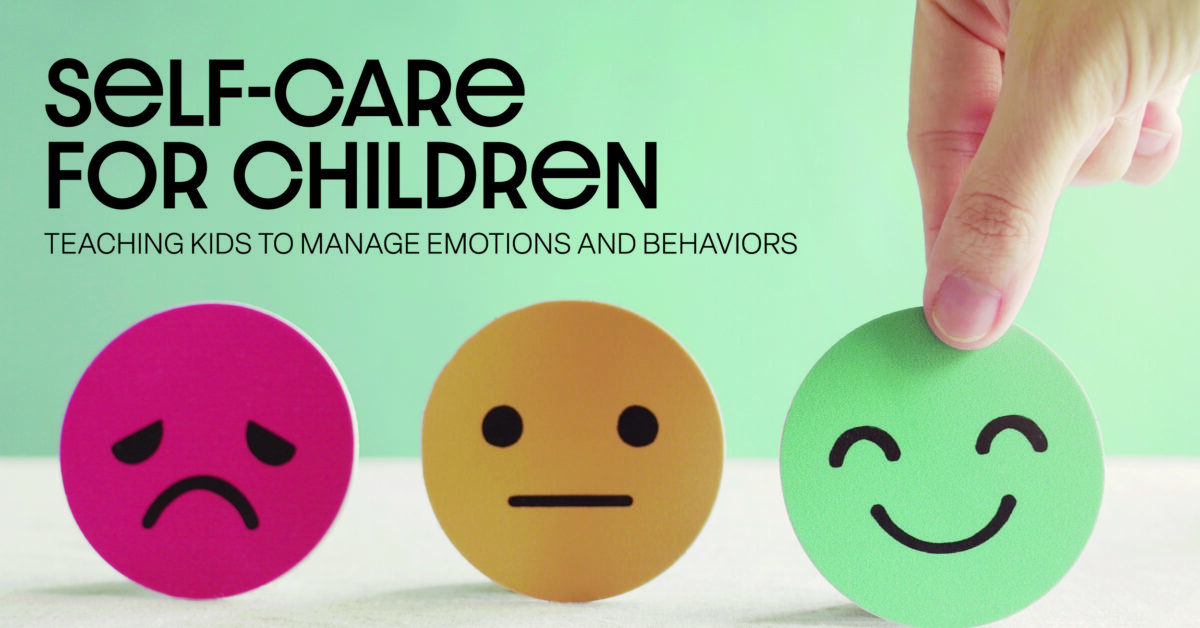
WELLNESS RESOLUTIONS: The M-Factor Documentary on Menopause
January 2025
WELLNESS RESOLUTIONS: New Year, New You – Plotting A Happy and Healthier Life
January 2025by Madelaine Brauner Landry
The phrase “self-care” is generally heard in reference to adults. Overall mental health and happiness is, however, also a priority for children. Teaching them independence through self-care behaviors offers them opportunities to do things for themselves, including basic tasks like practicing good hygiene and organization.
For example, brushing their teeth, bathing, or showering themselves, and putting away their clothes, toys, and shoes are ways of teaching independence. Self-care is a way to reinforce positive behavior, to develop self-awareness and a healthy self-image. Determination and resilience can come from completing tasks, which benefits a child into adulthood. The goal is to raise healthy, happy adults. To achieve that means parents and caretakers should exemplify the behaviors that they want to see in their children.
Another objective is to help children learn to regulate their emotions at each stage in their development.
“Self-care for children can involve learning behaviors to help them manage difficult emotions,” notes Melissa Coco Raymond, BCBA, LBA, owner and director of Milestones Behavioral Services. “Talk with your child about techniques that they can use that will allow them to take a moment to reset. For example, talk with your child and then practice, pausing the conversation and taking a deep breath.”
When children feel understood and supported by their parents, they are more likely to trust and attach to them. Research shows this is associated with emotional openness in children. Self-care helps children to cope with their feelings and to speak up for their needs.
“It is often appropriate to provide empathy when your child is having a hard time. You can do this by restating the issue and letting the child know that you understand how they feel,” says Raymond.
It is useful to ask open-ended questions, then observe your child’s reactions. Validate that their feelings are okay, even negative ones. Avoid putting them on the defensive by using “I” statements, such as “I don’t care for the way you are talking to me,” instead of “you” statements, like “You shouldn’t talk that way to me.” Teach your child to recognize the signs or triggers that result in stress or other strong emotions.
“Replace negative speech with positive speech,” says Raymond. “Give your child alternative ways to express that they are having a hard time. For example, instead of saying, ‘I just can’t do that,’ encourage your child to say, ‘I still need help with this,’ or ‘I can’t do this yet.’ You can help build your child’s confidence by providing praise for even the smallest accomplishments.”
When a child sees their parents demonstrating empathy toward others, they learn that this behavior generally results in positive consequences. Including the feelings of other children when discussing your child’s feelings is important. For example, say something like “You know what? Tommy is feeling sad because you took that toy out of his hand. How would you feel if someone did that to you?”
Low empathy causes children to remain unaware of how their actions affect others. Help them to understand that their behavior impacts more than just themselves; you want them to realize that acting in selfish or vindictive ways hurts other people.
Self-care is ultimately a strategic way to instill self-awareness. With ongoing societal issues like bullying and mental health concerns in youth, learning how to be independent, express emotions in healthy ways, and demonstrating empathy is more important than ever.






